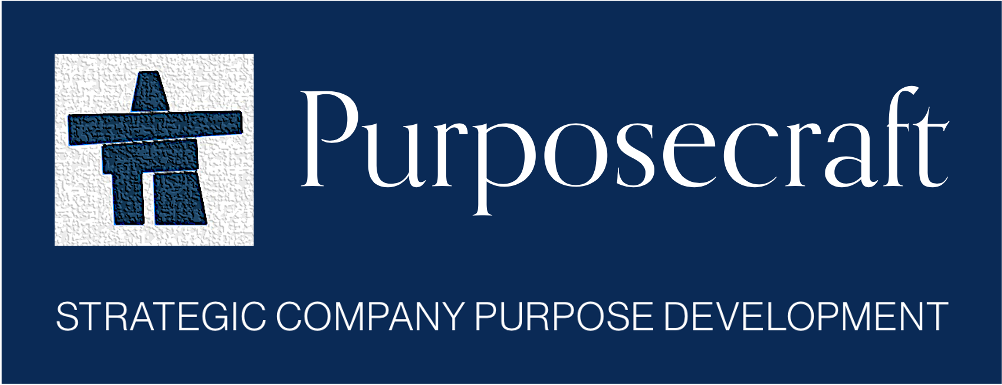An employee’s reflection on purpose
I joined Purposecraft as a (very) recent graduate hoping that my degree in concepts such as Strategic Management and Marketing would stand me in good stead at a “Strategic Company Purpose Consultancy”, founded by someone with a career in marketing. Indeed, my first week felt reassuringly like a week at university. As the first employee at Purposecraft, my first task was to understand what Purposecraft was about, synthesising the existing blogs into a single document. So far, so good. I felt that I knew what Purposecraft believed, and how it went about it.
“I would leave each meeting with two things: A clearer understanding of what Purposecraft was ... and a desire to crack on.”
My next meeting with Simon would show me the difference between knowing and understanding. In what would be a common occurrence during my time with Purposecraft, conversation about the work turned into a discussion of what purpose means, and why it is so important. It allowed an exchange of ideas to improve each party’s understanding of issues and occasions for creative solutions to present themselves. I would leave each meeting with two things: A clearer understanding of what Purposecraft was and the value it could bring; and a desire to crack on. It was not until reflecting on my time here for this piece that I connected the two, the explanation came from something I read in my very first week. Purpose-driven organisations inspire their employees, and inspired employees are the most productive. My own experience validated this, especially contrasted with a part-time job I worked alongside Purposecraft. I worked in a hospitality company which was introducing a new company purpose across the firm. The purpose lacked credibility with employees and consequently failed to inspire us in the way Purposecraft’s inspired me, with predictable productivity results.
As a small organisation, I was able to take ownership of important tasks with the potential for real impact. The most significant of these was writing the firm’s first marketing plan. Although I studied marketing academically, I had no practical experience, and the scale initially intimidated me. I had a framework with various boxes to describe, for example, target segment or USP. Diving straight in, I ended up with a document of over 1500 words with one problem: most of it was irrelevant. In working straight through I had allowed myself to lose the big picture, I lacked clarity. To improve a second draft, I turned to the most beloved of consultants’ tools – a PowerPoint Presentation. This required brevity and demanded that I understand the purpose of each slide in the overall flow of the presentation. Beyond the practical learning that comes from writing and delivering a business presentation, this mindset is hugely valuable. By asking myself “why am I doing this” at each turn I could be confident that I was ‘on the right path’. As luck would have it, this is another view Purposecraft shares (albeit on a different scale) – in fact, it is the basis of our logo. A company which has a properly founded purpose has the strategic clarity to see how to become the most successful version of itself, the answer to ‘why do we exist?’ is the sustainable point of value creation.
Somewhat serendipitously, my experiences working for Purposecraft with Simon have taught, beyond practical knowledge (invaluable in its own right), the true power of purpose. Purposecraft offers a truly expert approach, and even as I leave, I look forward to seeing where it is heading.
Purposecraft provides advice, consulting and training in strategic company purpose development.
